
If you are constantly feeling tired and run down, it's easy to blame your sleep schedule or nutrition, and call it a day. But did you know your home could be making you tired, too?
We’re not just talking about the effort of upkeep, either. Little details such as lighting and unfinished home projects can drastically drain your overall energy levels daily.
Here, therapists and sleep experts have revealed the seven ways your home is making you tired, and the best changes to re-energize your space.
7 surprising ways your home is making you feel tired
Although improving your sleep plays a massive part in boosting your energy levels, you won’t see the full benefits without fixing these seven energy drainers at home.
1. Too much clutter
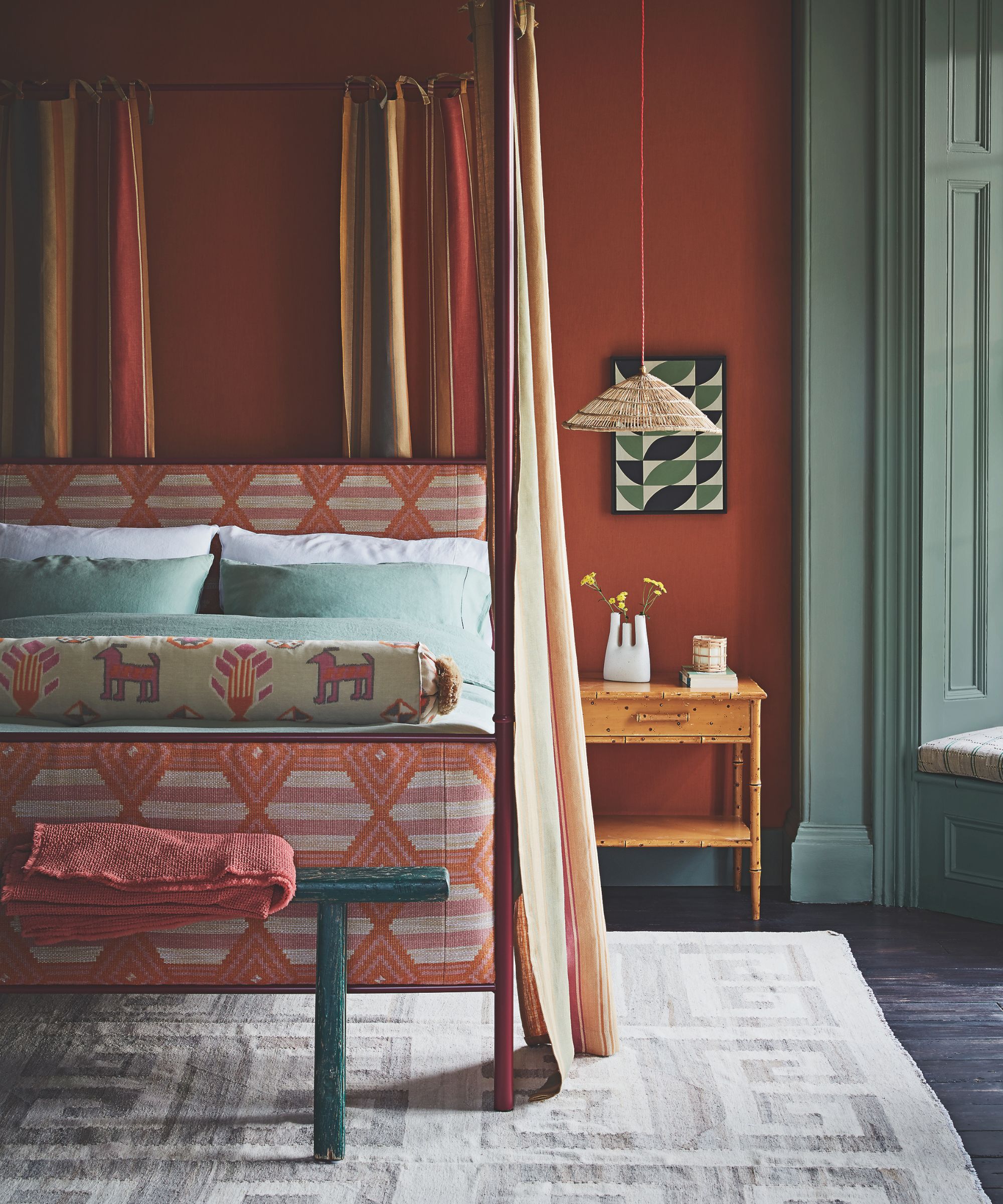
There are some fantastic, lesser-known benefits of organizing your home, and one of them is having more energy. A lot of clutter, be it out in the open or in drawers and cabinets, can leave you feeling exhausted, especially when finding the right items means digging through piles.
Blanka Molnar, holistic therapist at Awarenest and former NAPO professional organizer, explains, ‘Visual clutter overwhelms the mind and creates a sense of chaos and stress, making it difficult to relax. It is so important to declutter and organize one room or corner at a time. Create clear surfaces and only keep what's useful or brings joy.’
It's one of the reasons we're stressed out by the visual clutter of open storage.
Luckily, there are some great decluttering methods to help you tidy your home when you feel overwhelmed, such as the Ski-Slope organizing method, which breaks rooms down into smaller areas to help you make the system as straightforward as possible.

For those essential items that make a room look really messy, use decorative baskets to keep them out of your eyeline, but still easy to access.

Underbed storage is a great way to expand on your existing storage space, tucking lesser-used items such as seasonal bedding or clothing out of the way to reduce the mental effort of maintaining your home on a weekly basis. These bags on wheels make them easy to pull out quickly and access as needed.

Large, clear, stackable storage boxes are perfect for attics, basements, and garages. They keep items safe from moisture and pests while remaining easy to use and find what you need in a glance. They also make great use of vertical storage space to give you more floor room to navigate storage stress-free.
2. Noise pollution
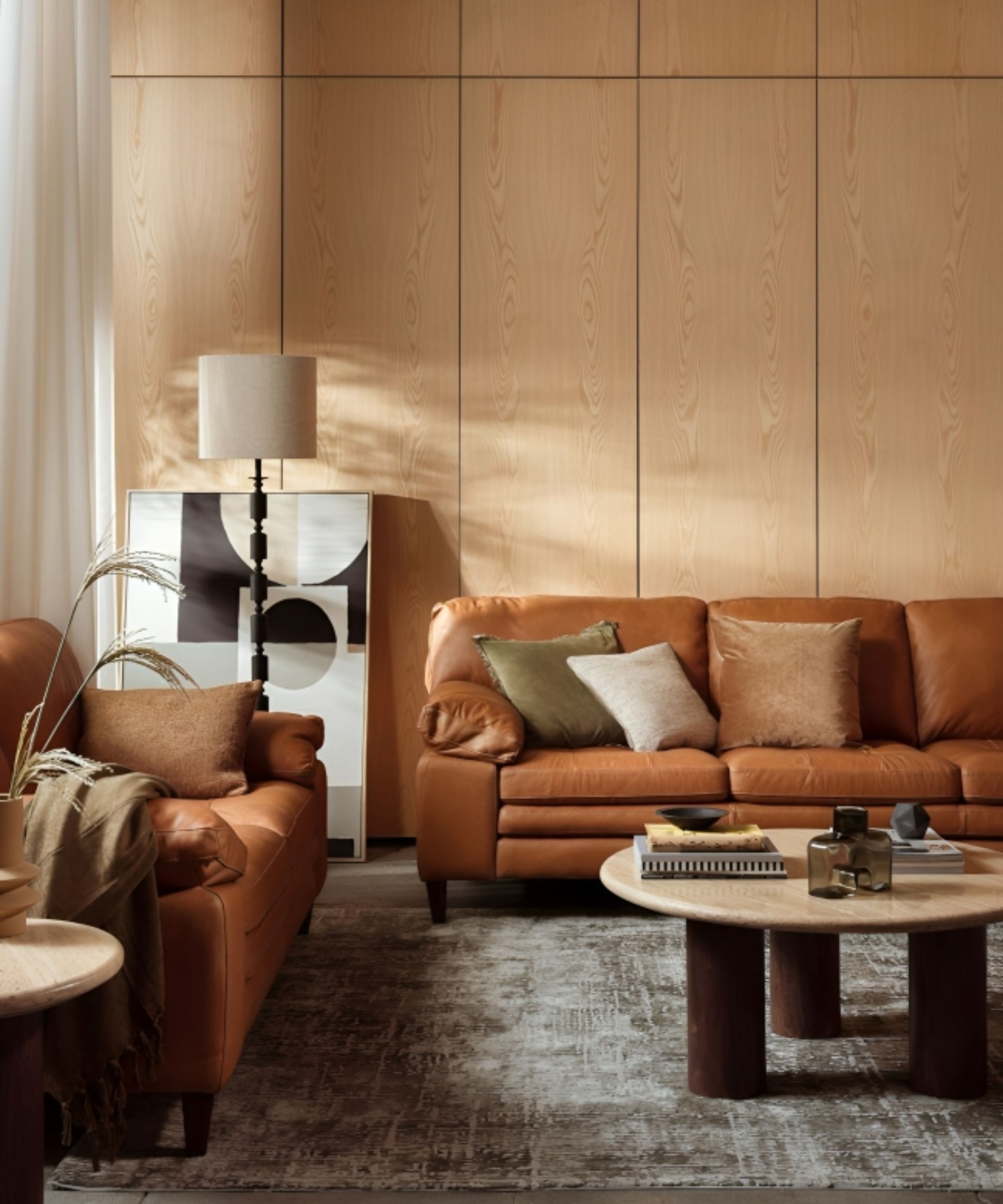
There are some surprising benefits to experiencing silence, or calming, relaxing sounds regularly. While many of us have grown accustomed to the sounds of traffic outside or electronics in our homes, they can all leave us feeling drained without us realizing it.
As Blanka explains, ‘Constant or unpredictable noise, such as TV, music, devices, street sounds, keeps the nervous system on edge in fight or flight mode, and interrupts deep rest.’
While the first step would be to soundproof a room where you can, using acoustic panels such as these decorative wooden acoustic panels from Amazon.
Blanka adds, ‘Use white noise machines [such as the best-selling Hatch Rest+ All-in-one Sleep Assistant from Best Buy], soft music, or earplugs. Turn off electronics before sleep and aim for quiet, peaceful evenings. If possible, ditch the TV and your phone from your room, too.’
3. A lack of natural light
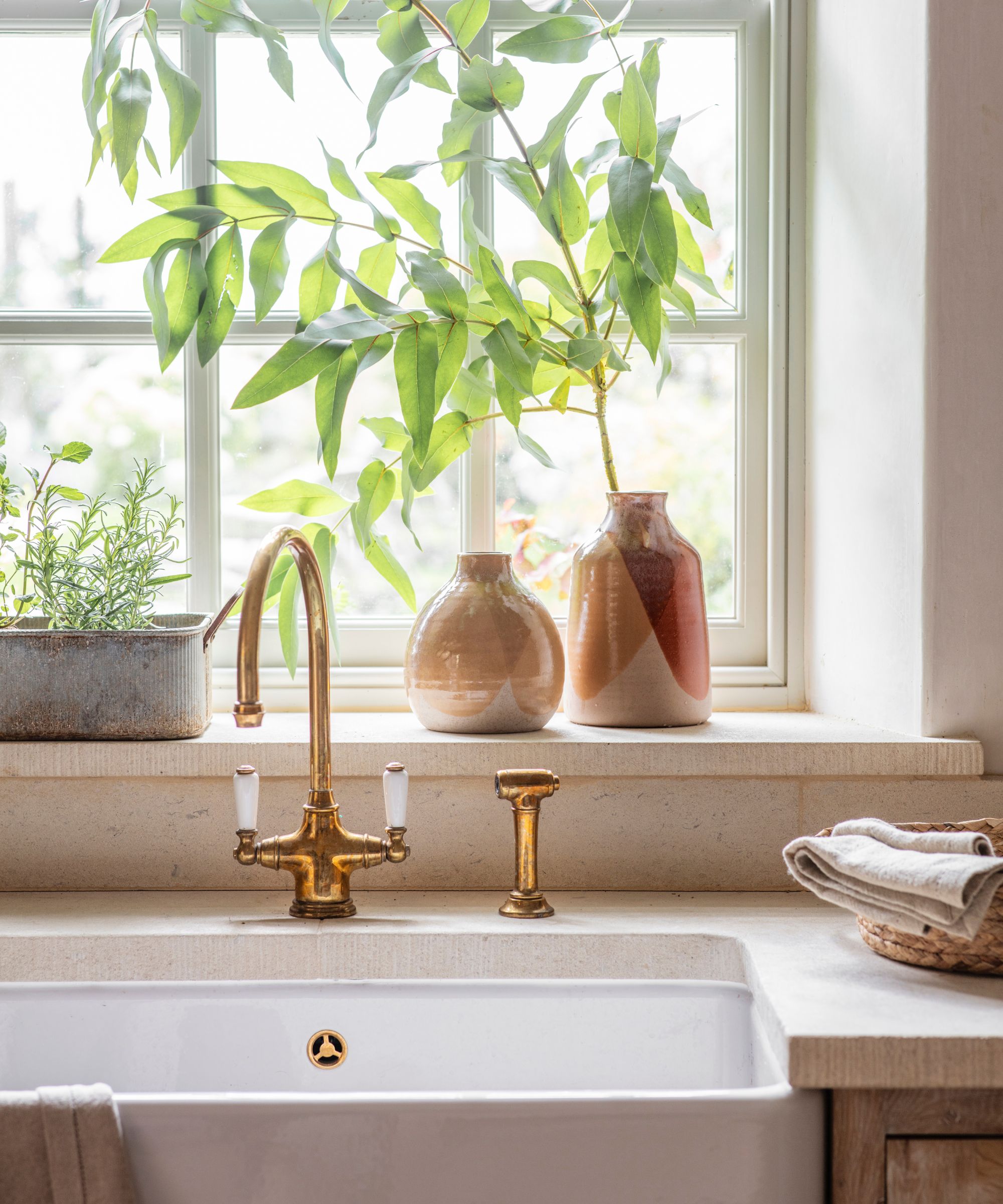
Many of us are aware of a condition called SAD (seasonal affective disorder) by now – the general slump many of us fall into throughout winter when the sun is out for fewer hours per day and our vitamin D is at an annual low.
This can zap your energy at any time of the year, however, if your home lacks natural light.
Gala Magriñá, holistic interior design, and principal at Gala Magriñá Design shares, ‘One of the best things we can do in a space is maximize access to natural light. Science shows that natural light affects our mood, energy levels, and hormone levels – and these change throughout the day as sunlight changes.’
To improve natural light in your home, start by ensuring blinds and curtains are fully open each morning. You can also position mirrors opposite windows in darker rooms to help bounce the light around the space, making the room feel lighter and airier.
If you work from home, position your workspace in natural light to boost your productivity and your mood.
4. Improper indoor lighting

A lack of natural light is not the only thing making your home exhausting – your artificial indoor lighting ideas also plays a role.
Gala continues, ‘Lighting can be overstimulating and impractical – the appropriate amount of lighting is crucial to wellness. Install dimmers on all of your light switches so you can bring the lights down at night, which signals to your body that it’s time to slow down.’
If you do not want to wire a dimmer switch into your home or primarily use lamps over ceiling lights, you can also invest in smart bulbs, such as my favorite Philips Hue Smart Bulbs, available at Best Buy. These bulbs can be dimmed and turned warmer or cooler, depending on what you are doing. They can also be controlled from your phone or through home voice assistants.
5. Air quality
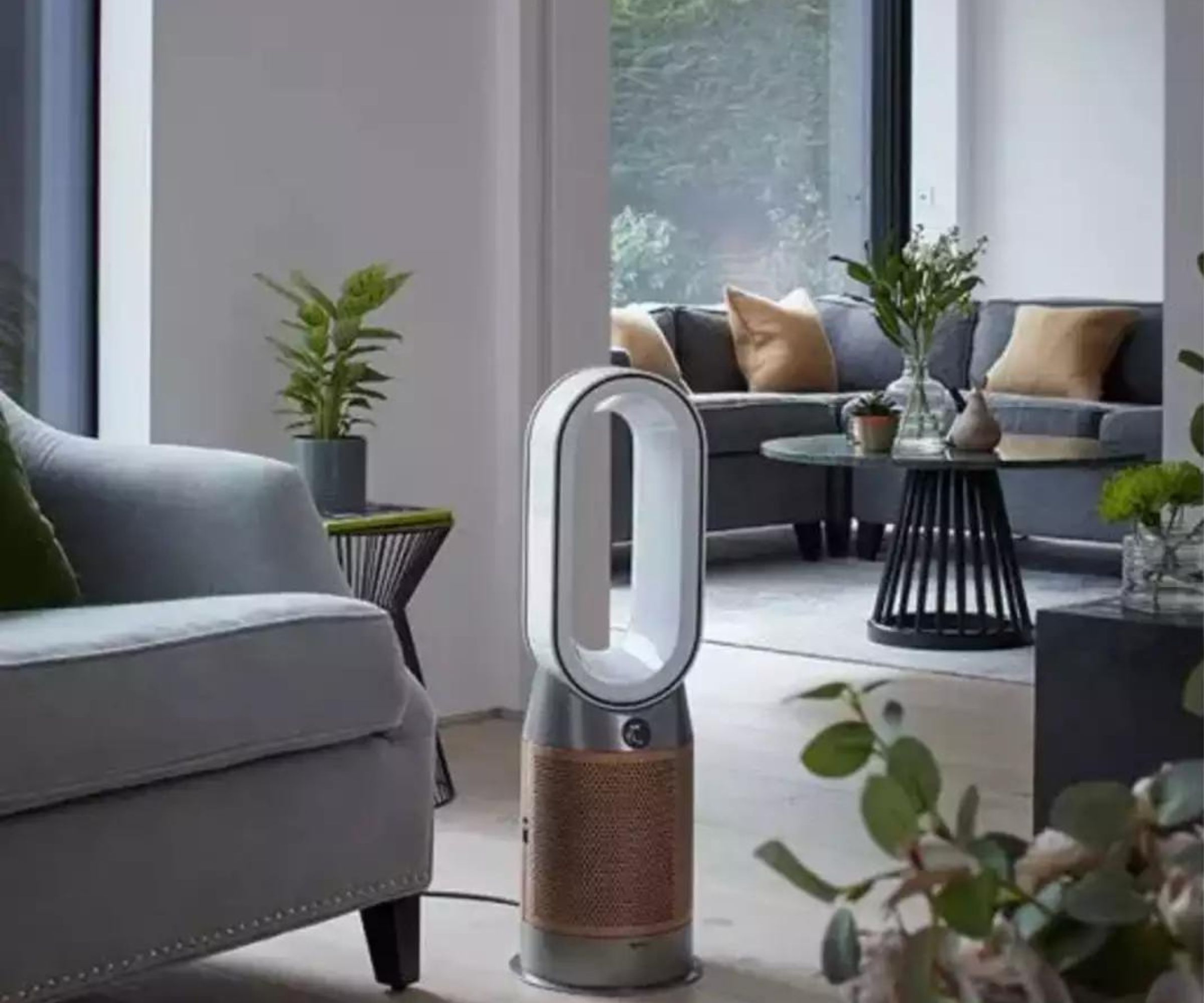
An invisible force on your energy is your indoor air quality. Banka warns, ‘Poor air circulation and indoor toxins can cause fatigue, headaches, or a low mood.’
There are several common mistakes lowering your indoor air quality, such as burning candles, forgetting about ventilation, and underestimating the power of the best air purifiers.
Luckily, you can improve indoor air quality pretty quickly, with Banka suggesting, ‘Open windows daily, use air-purifying plants (like peace lily or snake plant), and avoid synthetic air fresheners or harsh cleaners.’
This digital 8-in-1 air quality monitor from Walmart helps you keep tabs on your home’s temperature, humidity, and air quality, so you know exactly when your home needs airing out to help improve your energy levels.
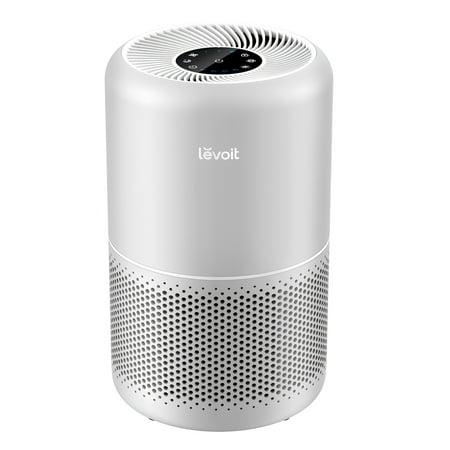
Tested by Solved's expert home tech editor Dan Fauzi, the Levoit Core 300 was rated the best budget air purifier. This machine incorporates QuietKEAP technology to minimize noise and air resistance: all that for less than $100. It is perfect for smaller rooms such as bedrooms.
6. Unfinished projects
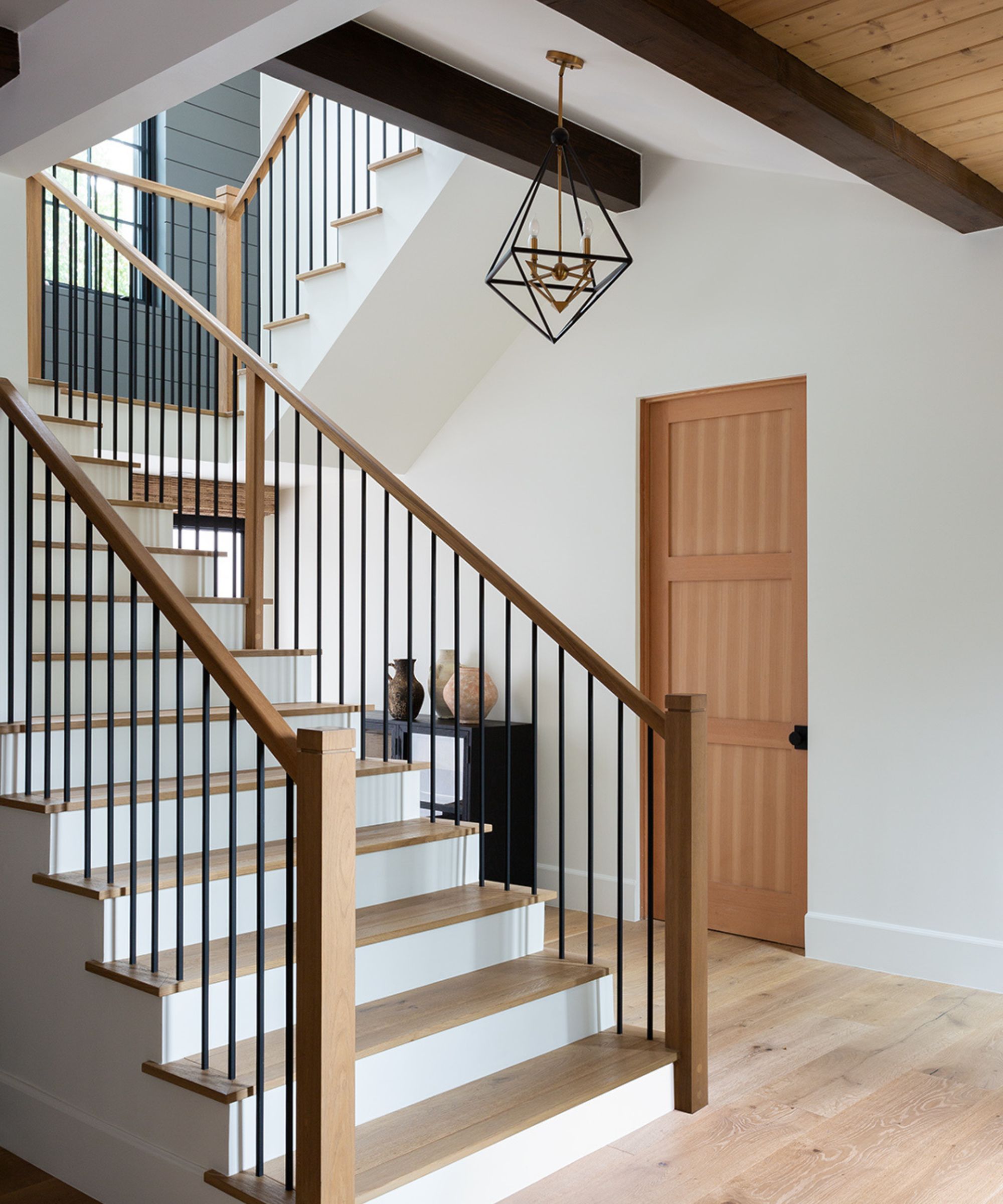
Most of us have started a home project in the past and then let it sit for months before we return to finish it. It might not seem like that big of a deal, but these unfinished spots can be draining, and are one of the many ways your home is making you tired, life coach Jen Dawson, warns.
She explains, ‘Unfinished projects and half-completed tasks scattered around your home create a constant low-grade stress response. Each abandoned project can serve as a visible reminder of what you "should" be doing, triggering guilt, anxiety, and mental fatigue. This phenomenon forces your brain to continually process these visual cues of incompletion.’
To help you finish your home DIY projects, Jennifer suggests, ‘Create a "project inventory" where you list all unfinished tasks and make conscious decisions about each one: complete it, schedule it, delegate it, or release it entirely.
'For items you decide to keep but can't address immediately, designate a single, contained "projects in waiting" area that's out of your daily sightline. This removes the mental taxation of seeing multiple unfinished tasks throughout your home.’
A project planner from Walmart can help with this, keeping everything in one spot.
7. ‘Energy sink’ spots

Jennifer continues, ‘Our spaces hold emotional resonance that can either energize or deplete us. Homes can contain "energy sink" areas – spaces that trigger negative emotions or past regrets whenever we encounter them. These might be rooms where difficult conversations occurred, areas that remind us of abandoned dreams, or spaces filled with inherited items we feel obligated to keep but don't love.
‘To refresh the energy of your home, I suggest conducting an "emotional energy audit" of your home by noticing which areas make you feel lighter versus heavier. For problematic spaces, consider a ritual "clearing" that might involve rearranging furniture, changing colors, or introducing elements that create new positive associations. Sometimes, simply acknowledging the emotional weight of a space and consciously releasing it can transform its impact on your energy levels.’
If you want to try cleansing your home with sage, consider picking up a pre-made smoke stick from Etsy to quickly refresh the energy in your space.
FAQs
Does mold in your house make you tired?
Mold spores can be one of the reasons your home makes you feel ill, as they constantly trigger your immune response, which can bring fatigue.
Cleaning your home regularly, tackling leaks and damp spots, and using one of the best dehumidifiers can help to remove mold spores from the air and reduce your exposure to toxins.
Finding the source of the mold is vital to resolving this issue fully, making it a good time to call the pros.
Why do I feel so lazy and tired at home?
Feeling tired and unmotivated at home can be because of your environment – mess and dirt can tire you out, making it harder to clean, with the problem becoming a toxic cycle.
A lack of energy can also come down to a poor sleep schedule, poor diet, and a lack of exercise – all of which are vital to regulating your body and hormones to help you feel more energized.
Meet the experts
Making these seven simple changes to your home can instantly boost your energy, making you feel better about yourself and your space, and even helping you get motivated to clean and declutter more often.







